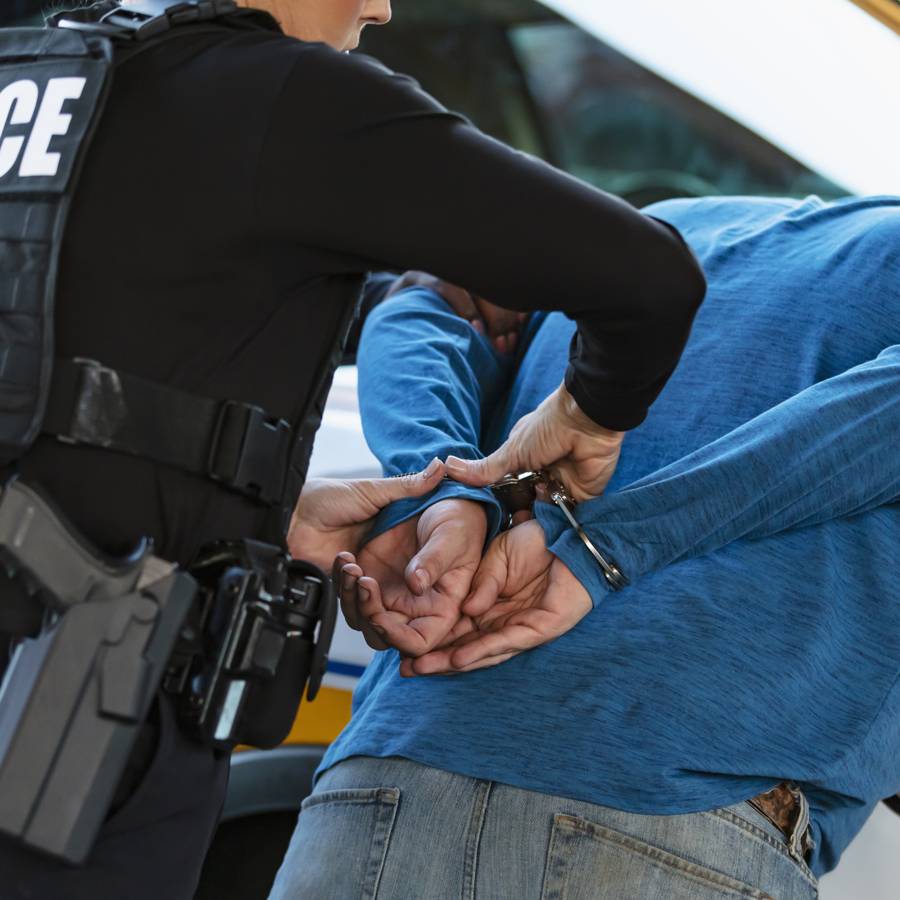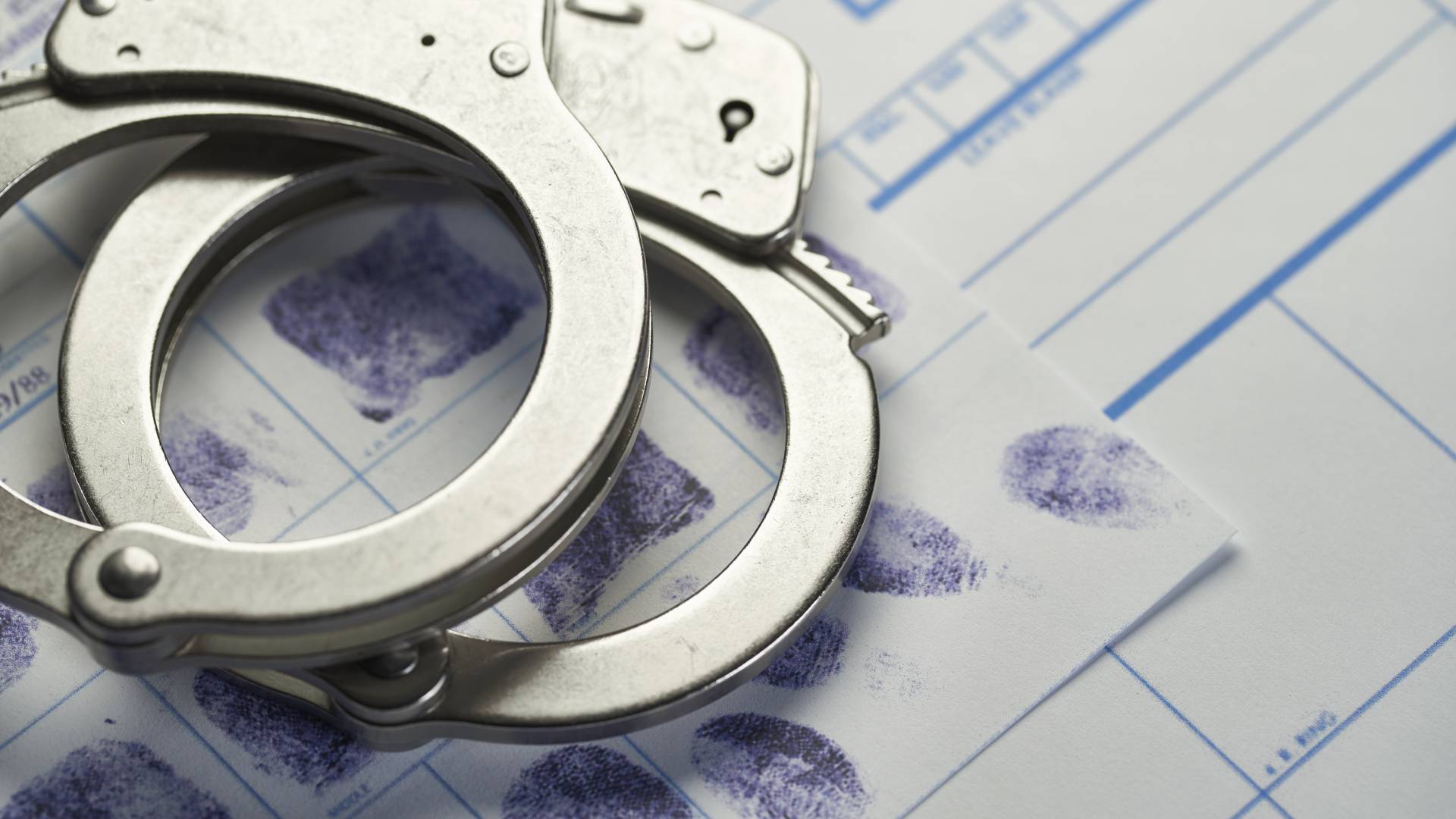
Des Moines DUI Lawyer
Protecting Your Rights with Vigorous Defense
Our Des Moines DUI attorneys at Branstad & Olson represents clients facing charges for OWI throughout Iowa. If you have been arrested for operating a motor vehicle while intoxicated, you face driver’s license suspension, fines, jail time, and probation. Law enforcement has strict rules they must follow when investigating and arresting a person for suspicion of driving while intoxicated. It is essential to have an experienced Des Moines OWI lawyer on your side to help assess your situation and reach your best outcome.
Contact our Iowa OWI attorneys at (515) 329-3100 for a free consultation. We can help you understand your rights and legal options.
Why Choose Branstad & Olson for Your OWI Defense?
When facing an OWI charge, having knowledgeable and experienced legal representation is essential. At Branstad & Olson, our dedicated team of attorneys deeply understands Iowa's OWI laws and the intricate legal processes involved. Here’s why we stand out as your trusted advocates:
- Personalized Legal Strategy. We believe every case is unique. Our attorneys take the time to understand the specific details of your situation, allowing us to tailor a defense strategy that maximizes your chances of a favorable outcome.
- Proven Track Record. Our firm's history of successful cases speaks volumes. We have helped numerous clients in Des Moines navigate their OWI charges, securing reduced penalties or even dismissals in many instances.
- Compassionate Support. We understand the emotional and financial stress an OWI charge can bring. Our team is committed to providing not just legal support but also compassion throughout your case.
- Accessible Communication. We prioritize keeping you informed every step of the way. You’ll have access to your attorney and will receive timely updates regarding your case’s progression.
- Extensive Knowledge of Local Courts. Our familiarity with Des Moines and its court systems allows us to navigate the complexities of your case with efficiency and insight, enhancing your defense strategy.
Understanding Iowa's OWI Laws and Your Rights
Iowa OWI laws state that it is illegal for any person to operate a motor vehicle:
- while under the influence of alcohol, drugs, or a combination of such substances
- with a blood alcohol concentration (BAC) of .08% or higher
- any found to have any amount of controlled substance in their system
Those who drive commercial vehicles are considered to be driving illegally with a BAC of .04% or more. The BAC limit for drivers who are under the age of 21 is .02%.
Penalties for OWI in Iowa
According to OWI laws in Iowa, the penalties for driving under the influence of alcohol or drugs are directly related to the offender’s number of previous offenses.
In Iowa, the penalties first-offense, second-offense, and third-offense OWI include the following:
First-Time OWI in Iowa: Potential Consequences
A OWI first offense in Iowa is classified as a serious misdemeanor resulting in penalties including a jail sentence ranging from 48 hours to 1 year, a fine of up to $1,250, and driver’s license revocation for a period of 180 days to 1 year.
Second OWI Offense in Iowa: Increased Penalties
A Iowa OWI 2nd offense is classified as an aggravated misdemeanor with penalties including 7 days to 2 years in prison, a fine of $1,875 to $6,250, and a minimum of 1 year driver’s license revocation.
Third-Time DUI in Iowa: Understanding the Felony Charges
A 3rd offense DUI Iowa or any subsequent offenses are categorized as a Class D felony. A felony OWI conviction will result in a mandatory prison sentence of 30 days but could result in 5 years in prison. The offender will also face a fine ranging from $3,125 to $9,375, as well as 6-year driver’s license revocation.
The court, probation, and DOT penalties may be complex. All OWI offenders will be required to undergo substance abuse evaluation, treatment may be required, and a course for drinking drivers may be required. Additionally, the driver may be required to install an ignition interlock device in their car.
If you are facing any of these possible penalties for DUI, contact our Des Moines OWI attorneys at (515) 329-3100!
Problems with Field Sobriety Testing: Are They Reliable?
A casual drive home can quickly turn into an OWI arrest if you “fail” the Standardized Field Sobriety Test (SFST). The SFST is a battery of three tests used to determine whether there is probable cause to arrest someone for operating while intoxicated (OWI), and while they have been widely used for decades, they can be inaccurate and unreliable for various reasons.
Types of Field Sobriety Tests
The three types of field sobriety tests below:
- Horizontal gaze nystagmus (HGN) test: This test measures the involuntary jerking of the eyes, which occurs when they move side-to-side. However, when a person is intoxicated, their nystagmus may occur at lower angles and they may be unable to smoothly track a moving object as a result. HGN tests require a person to follow a pen or penlight as it moves side-to-side, allowing the officer to examine if the suspect’s nystagmus is exaggerated.

Call Our Iowa OWI Lawyers
An OWI conviction can strip you of your driving privileges, livelihood, and reputation. Not only will your license get suspended but you may also suffer jail time, fines, and more. Don’t let this happen to you. Whether this is your first arrest for OWI or whether you face a third or subsequent conviction, Branstad & Olson is here to ensure all rules were followed by law enforcement and to help you take the best next step. Our Iowa OWI lawyers have over 65 years of collective experience and have successfully handled OWI cases in Iowa.
Call (515) 329-3100 now to start developing a strategic defense with our Des Moines DUI attorneys!
-
"Christine and the staff at her law firm are spectacular"
Christine and the staff at her law firm are spectacular. I have never felt so secure before while my future hung in the balance. Anytime a person is involved in a case or accused of a crime it always feels like everything in life is hanging by a string and every court date is possibly the time they cut the cord and you lose everything. It's a hopeless feeling. This time with Christine it didn't feel like that at all. I felt secure and covered . Like they had my back and it would all be OK, and it was. it is. They always answered my calls. Even when I sounded crazy and stressed. I was never left to endure through my duress. I can't sing the praise loud enough. If you even think you may need someone on your side in a legal matter call here and release the fears of going the battle alone.- Alon H. -
"My livelihood was on the line and Christine was quick to come to my rescue."
My livelihood was on the line and Christine was quick to come to my rescue. She was reasonably priced and provided detailed and sufficient information to allow me to participate in my appeal hearing with great confidence.- Former Client

Our Settlements & Verdicts
Our top priority is to devise customized legal strategies that are tailored to the unique legal needs of our clients, no matter how simple or complicated their situations, might be.
-
Reversed and Remanded Appeal - Administrative
-
Reversed and Remanded Suppression Leading to Dismissal
-
Not Guilty – Jury Trial Assault with Intent to Commit Sexual Abuse
-
Not Guilty– Jury Trial Murder 1st Degree
-
Not Guilty - Trial Vehicular Homicide
-
Not Guilty– Jury Trial Murder 1st Degree